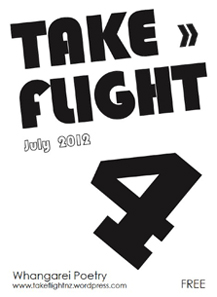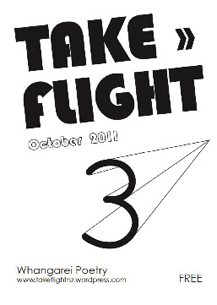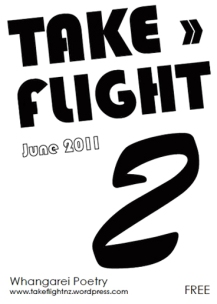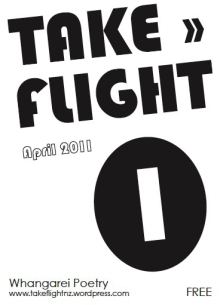Twinkle, twinkle, little planet
by Bernard Heise
When the first incidents occurred in Cairo, Berlin, Toronto and Wichita, people mistook them for acts of terrorism. But the reality was worse. Eyewitness reports indicated that the individuals involved were not setting off suicide bombs but rather were the victims of some sort of fire that spontaneously flamed from within before making them explode. Certainly, the explosions weren’t nearly as powerful as a typical suicide bomb, but they could easily kill or maim anyone nearby, obliterate a taxicab or disable a bus. And, apart from a large sect of evangelical Christians who were convinced, despite biblical inconsistencies, that they were witnessing the rapture and eagerly anticipated their own combustion, most people found them much more frightening, for they were completely unpredictable and unexplained. As the frequency of such incidents grew, so did the probability that within any group an individual would ignite. Like the Black Death, the threat was indiscriminate, failing to honor the privileges of socio-political distinction. Explosions were taking place in homeless shelters, corporate boardrooms, at cabinet meetings, and family dinner tables. As they looked into each other’s eyes, friends, comrades, and lovers not only recognized their mutual affection but now also understood that they were the likely agents of their own mutual destruction. And so it was that people stopped working and playing. Instead, they slipped their bonds of sociability and fled the burning cities, seeking solitude in the forests and the hills, where they forgot their language and waited in silence for the fire within.
Language and Place on the Edge: Six Poems
Vers au Vert
From centre to circumference
we drift, crossing this great expanse
to speak in tongues considered pure
by uninitiated ears.
Old words, once tentatively used
then fashioned thin as life imposed,
become an enigmatic code
charged with the trace of others’ deeds.
Deprived by empire of a waiting
embrace, language devolves, begetting
forms like those strange conventions now
spoken in parliaments of two.
Vaughan Gunson
Big Love Song #17
the golden night has locked down
the unreal day gone, thank you, for now.
the persistent thud of a million feet
stamping the ancient cobblestones.
I laughed, the outrageous image of you
seated next to a fat satyr from Hellene,
your thigh raised to the sky
tapering to a desirable end.
the threatening cataclysm
is more than a grim tattoo.
the responsible hordes hold in their hands,
for the first time, the battering-ram.
Martin Porter
The Tree at the Edge of the World
Clawing onto the cliff
Face into a salty purge
Tenacious
Stunted
It has given up flowering
Starved
On exhausted soil
Rooted in the underworld
Grasping at the air
Where the dead
Leave the living.
This is the tree
That clings to the edge
Of the Earth.
Piet Nieuwland
the altar of wind
my country is an idea born on the altar of wind
earths deep blues carried on galloping horses
lizards names etched into knotted stone archways
we drink cups of obsidian Columbian coffee laughing
in blood drenched gardens candles melt tanekaha perfumes
nikau palms dance cities of moonlight frenzies
WairoaRiverveins nourished by children throwing petals
a thousand tui chant dawn prayers
from puriri groves kneeling on aging hills
the skies cloud mask pours nipples of rain
voices of birds name the deserts language of maps
flocks of black coated women expand covering all distances
matuku moana call from blue fired clay minarets
on your breasts whole kukupa sheens breathe in
what you breathe out
you are venus bathing like an orchid
in loves memory of the moment
kahawai inhabiting a river mouth
hear pebbles hiss in your depths
your hands move in cascades of feathered leaves
mottled oyster skin a pale silk of ice trembling
your name is a gift of lavender in luxuries of passion
my heart a burial ground in the mutilated colour of dunes
as drops in the tide we evaporate into manuka fires
flying on humid rituals under tents of mirrors
Michelle Elvy
The Other Side of Better
Running up a hill
tripping upwards
falling downwards
making deals with the devil
or God — whichever works better
Radio’s on
Bush is burning
I turn it up and feel me yearning
for your devil grin and thunder heart
or God — whichever is better
As I listen and wait
I soon find myself
in a song
it’s you and me…
in tune
It’s you and me who won’t be unhappy…
in love and singing
– this is better
Bernard Heise
Cause–Effect–Cause
Sleep. I can’t.
Why?
Alcohol – much too much.
Drinking began yesterday.
Crashed car and burned house.
You left.
I destroyed
everything. Everything
destroyed. I
left you.
House burned and car crashed
yesterday. Began drinking
much too much alcohol.
Why
can’t I sleep?
NOTE: The Other Side of Better by Michelle Elvy and Cause–Effect–Cause by Bernard Heise were originally written for 52|250: A Year of Flash.





